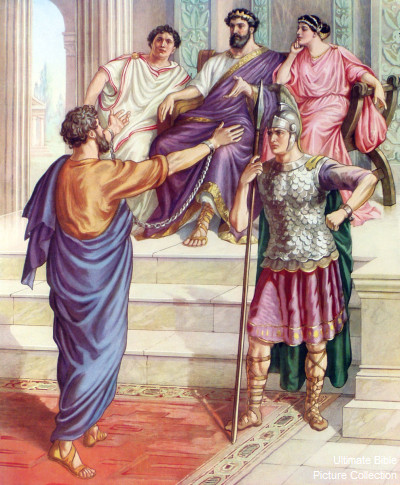If you've been intentional about sharing the gospel of Jesus Christ with others then chances are you have come across individuals who are of the Jewish faith or Islamic faith which are called the Abrahamic faiths. You've proceeded to tell them that Jesus died for their sins and rose from the dead, and that they can have complete forgiveness for their sins by trusting in Him. You tell them that they can be reconciled to God because their sins have separated them from Him. But they respond with the idea that they don't need someone to die for their sins because they receive forgiveness by praying to God directly, by fasting, doing good deeds, or by God arbitrarily forgiving them because He is merciful. No doubt if you've spoken with someone of the Jewish faith or Islamic faith then you've heard one of these objections thrown out to you so as to exempt them from their need of the gospel! It's also quite possible that you didn't know what to say at all when you had the opportunity for conversation.
However, we know from the Bible that there is no other name under heaven given among men by which we must be saved (Acts 4:12), and that the gospel is the power of God for salvation to everyone who believes (Romans 1:16). So, how do we as Christians respond when an objection like this comes out from a Jewish person or a Muslim? One effective way is to look for some common ground between you and your Jewish and Muslim friend. One of those common ground areas is Moses the prophet. Both Jewish and Muslim people believe that Moses was a prophet, and they both believe his words and consider them as words from God. When an objection like this comes up it might be good to say, "You believe in Moses as a prophet, right? Do you know what He said about how to be forgiven for your sins?" And proceed to show the person you're talking with the following verse:
"For the life of the flesh is in the blood, and I have given it to you upon the altar to make atonement for the souls; for it is the blood that makes atonement for the soul." Leviticus 17:11
These words were spoken by God through the prophet Moses, and they inform us that God has designated a means of atonement for the soul or life of a human being. In this context he is speaking to the nation of Israel, but this theme appears all through out the Old and New Testaments, and was practiced and affirmed by various writers and individuals in the Bible. God says that it is the blood that makes atonement, payment, or reparation for the soul, meaning that it is a direct transaction for any offense that a person commits toward God. It is meant to cleanse and cover ones sins. This was an integral part of Moses' revelation that he spoke to the people about how one receives atonement in the eyes of God. Yet, today Muslims and many Jewish people hope to atone for themselves by living a righteous life. Remember however, that followers of both faiths revere Moses and believe that he spoke the very words of God. When you show the person whom you are speaking with this verse, hold them to this point and then tell them about Jesus Christ who is the one who shed his blood for the world!
"For if the blood of bulls and goats and the ashes of a heifer, sprinkling the unclean, sanctifies for the purifying of the flesh, how much more shall the blood of Christ, who through the eternal Spirit offered Himself without spot to God, cleanse your conscience from dead works to serve the living God?" Hebrews 9:13-14
If you are reading this and are a follower of the Jewish or Islamic faith, where is your atonement?
